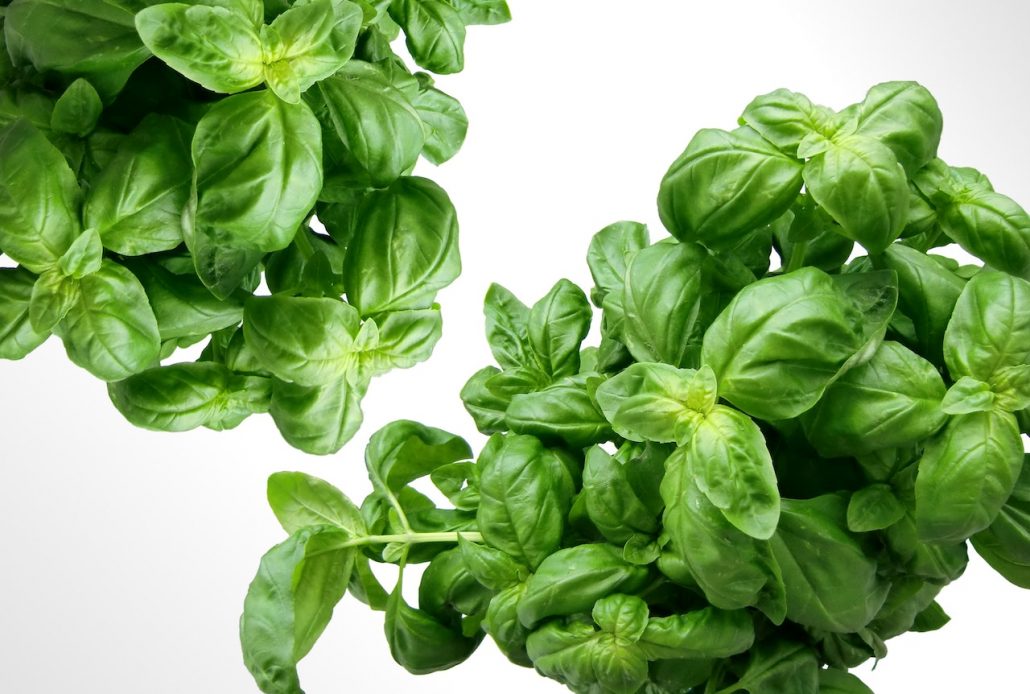
Plant nutrition! How much do you know about this topic? Plants are the biggest and most crucial source of nutrition for humans. Plants provide us with the nutrition for our complete development, and this means that a plant contains several valuable nutrients. But the question arises: Where do plants get their nutrition? The answer is well known: From the soil. Soil is rich in various nutrients and minerals required by plants and other living organisms.
The soil encompasses a number of life stages for plants. It envelops several nutrients in large quantities. However, with every harvest, the levels of nutrients and minerals decrease. Hence, we add organic products to achieve the targeted level of nutrients. In order to fill the void left by the absence of used nutrients, organic products and fertilizers are available for sale.
Plants also need nutrients from humans. Nutrients help to germinate, grow strong, reproduce, and fight off diseases and pests. Just like animals, plants also need various nutrients in larger, smaller, or some of them in exact quantities. Plants require thirteen nutrients from the soil for healthy growth, six of which are needed in large quantities. These six essential nutrients are; phosphorous, magnesium, sulfur, nitrogen, calcium, and potassium. All these essential nutrients have their own principles of nutrition. These principles accentuate the importance of plant nutrition or, better said, nutrition for plants.
What do plants actually need?
There are 118 elements and 3800 plus minerals on Earth, and plants need thirteen to twenty in total. Unveiling to sunlight and air, plants receive carbon, oxygen, and hydrogen. The soil provides the rest of the needed components through the plant’s roots. Time and repeated harvest lower the number of nutrients and minerals in the soil. In natural conditions, the nutrition of plants comes from:
- Microorganisms, convert organic material into simple elements during decomposition.
- Inorganic minerals extracted from sand, rock, or clay.
Plants can’t complete a normal life cycle without these essential elements. When soil is overly flooded, tilled, compacted, or some chemical substance has been used excessively, it results in low nutrition and poor soil quality. The best solution is to feed it with organic or natural fertilizers to make up for the lack of nutrients. This can help the soil to rebuild the nutrient balance and the present microbial community.
What are organic fertilizers or products?
Organic fertilizers are made up of using dried or composted organic matter. Cow manure, seed meal, seaweed, earthworm waste, crop residues, concentrated compost, and animal sources are organic matter typically used to make fertilizers. These are presented to plants in two ways: by mixing them into the soil or by casting them on to the surface of the soil. These materials provide all the missing essential elements, trace elements, micronutrients and macronutrients necessary for plants. There is a lot more to learn about organic fertilizers. If you are interested, you can also refer to this blog.
In the end, plant nutrition is as important as any other thing. To plants, nutrition is the main basis for, in turn, providing nutrition for the growth of many species on Earth.
At Fitochem, we value organic plant nutrition. There are different mineral and nutrient requirements depending on the crop. Therefore, we produce complete organic fertilizers for each plant and for each type of soil.
Contact us now: https://en.fitochem.com/

